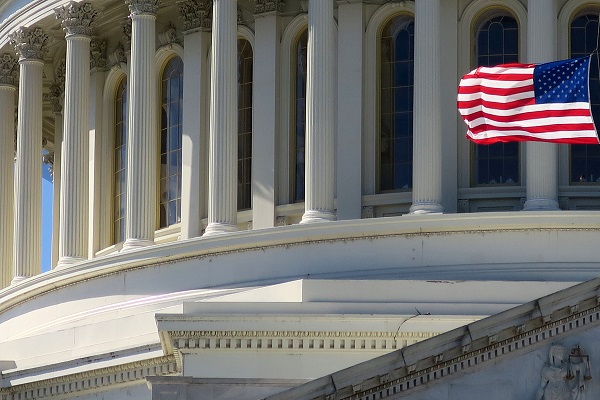© Touchpoint Markets, All Rights Reserved. Request academic re-use from www.copyright.com. All other uses, submit a request to [email protected]. For more inforrmation visit Asset & Logo Licensing.
Bipartisan bill in Senate would make fiduciaries of service providers to Open MEPs
Four new bills introduced in upper chamber as House preps retirement in 'Tax Reform 2.0.'
Trending Stories
Events
- Real EstateGlobeSt. ELITE Women of Influence (WOI) 2025July 21, 2025 - DenverGlobeSt. Women of Influence Conference celebrates the women who drive the commercial real estate industry forward.More Information
- Real EstateGlobeSt. Multifamily Fall 2025October 15, 2025 - Los AngelesJoin the industry's top owners, investors, developers, brokers & financiers at THE MULTIFAMILY EVENT OF THE YEAR!More Information
Recommended Stories
Latest House bill that allows collective investment trusts in 403(b)s gets support from trade group
By Lynn Cavanaugh | June 30, 2025
The Retirement Fairness for Charities and Educational Institutions Act of 2025 is supported by the National Association of Government Defined Contribution Administrators, which serves 15 million teachers, hospital workers, and nonprofit employees.
BlackRock’s big investment move, launching all-in-one 401(k) target date fund with private equity
By Lynn Cavanaugh | June 30, 2025
The world’s largest asset management firm has partnered with Great Gray to provide a TDF to serve as default investments for most 401(k) plans that automatically enroll workers, following a similar announcement from State Street, which announced a new target date fund in April.
Senate committee backs nomination of Daniel Aronowitz to lead federal benefits agency
By Allison Bell | June 27, 2025
The labor lawyer, insurance industry veteran — and kidney donor — received two votes from Democrats.
Resource Center

Research Report
Sponsored by Zorro and Ambetter Health
2025 Broker ICHRA Survey Report
What do brokers really think about ICHRA five years in? This report reveals how the model is evolving, what’s driving adoption, and what brokers need to succeed as demand grows.

Infographic
Sponsored by ArmadaCare
4 Key Win-Wins of Executive Medical Plans: Unlocking Far-Reaching Organizational Value
This infographic explores a cost-effective and compliant way to solve clients’ business problems before busy season hits full stride.

Article
Sponsored by TIAA
Advising on Annuities: The In-Plan Advantage for Your Clients
Secure income is a top priority for your clients’ retirement plans, but annuities can be complex. This guide clarifies in-plan vs. retail options, empowering you to offer superior advice, highlight cost savings, and enhance client trust.





